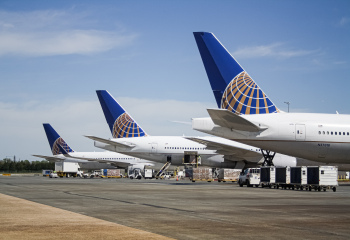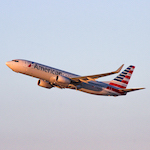The day has finally arrived for many Washingtonians. Documents seen by AeroXplorer show that architectural and design work will begin on two new concourses that are set to replace Concourse C/D at Washington’s Dulles International Airport (IAD): Tier-II West and Tier III-East. United Airlines is the sole tenant at Concourse C/D. Both of these projects are slated for RFPs in the second half of 2023. It is unknown when construction will commence.
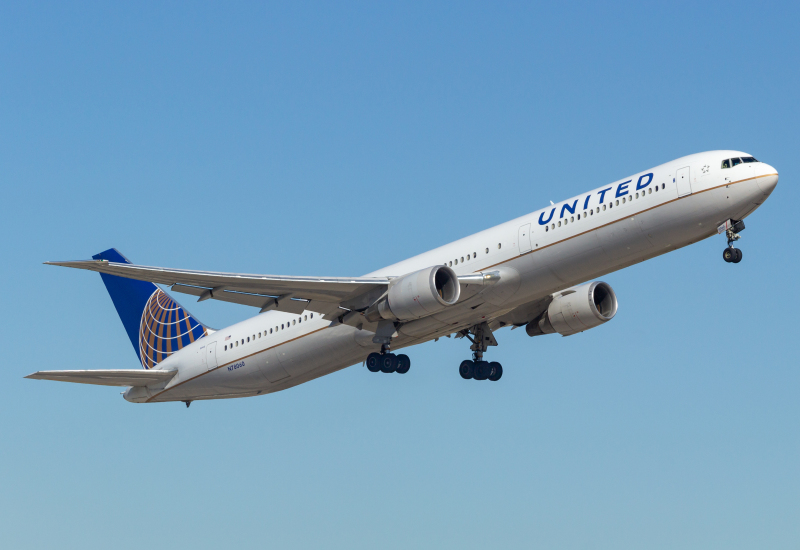
A Tier III-East Concourse would bring the total number of concourse complexes from two to three. A Tier III-Concourse would be in-line with the current control tower. Existing automated people mover infrastructure means that only the station would be needed to be built.
United Airlines’ Concourse C/D was initially built as a temporary midfield concourse in 1985. Multiple recessions have delayed efforts to replace the facility by MWAA. A new facility is overdue as United Airlines receives upgrades and new facilities at its hubs in Newark (Terminal A), Los Angeles (Terminal 9), and Denver (concourse expansions).

These concourses are in addition to the latest concourse addition set to replace an aging and obsolete regional concourse at Washington-Dulles. Tier II East is the first phase of the overarching plan to replace aging portions of the airport. Tier II East is composed of 14 narrowbody gates (7 widebody gates) that will replace a portion of Concourse A. The $560 million project will be finished by the end of 2026.
Separately, the addition of three regional gates at Concourse Z is slated for an RFP by the end of July. These gates will help supplement the void left by the replacement of the regional Concourse A.
Furthermore, Washington-Dulles recently proposed adding a private VIP terminal, similar to VIP terminals in Miami and Los Angeles. This private terminal will include check-in and TSA security separate from the main terminal with a wide range of proposed amenities.

All of this is part of the implementation of Washington-Dulles’ master plan. Slated for completion within the next year, the master plan will unveil the future of the airport. This will include a new south cargo complex that will expand upon existing cargo facilities. In addition, the possibility of a skybridge connecting Concourse A/B and the main terminal is under consideration.
The Perimeter Rule Effect
This large expansion comes amid a growing push in Congress to circumvent the perimeter rule at neighboring Reagan National Airport. The perimeter rule caps the maximum flight distance at 1250 miles for flights, leaving cities like San Antonio and San Diego unserved. 20 slot exemptions allow for flights to high-demand destinations such as Los Angeles and Seattle.

A new bill by Congress highlights a plan to add 28 new slot pairs, exempt from the perimeter rule, led by a push by Delta Air Lines. MWAA officials believe that this would add to existing congestion at Reagan National Airport, and increase capacity constraints.
In addition, any exemptions would disrupt the current balance between Reagan National and Washington-Dulles. Several slot exemptions and slot divestitures to the rule over the years have hampered growth at Washington-Dulles. JetBlue withdrew a focus city from Washington-Dulles over the years, as it received new slots at Reagan National. The New York-based airline completely withdrew from Dulles in 2019.
The completion of the airport’s automated people mover (the Aerotrain) and a new international arrivals facility at Dulles led to a high cost per enplanement (defined metric for average cost at the airport per passenger) in the early 2010s.
United Airlines’ shrunk its hub at Dulles amid the 2008 recession, in addition to new slot exemptions at Reagan in 2012 and a slot divestiture in 2014 leading to Southwest and JetBlue benefiting from new slots. This high cost per enplanement led to a threat against the current Dulles hub.
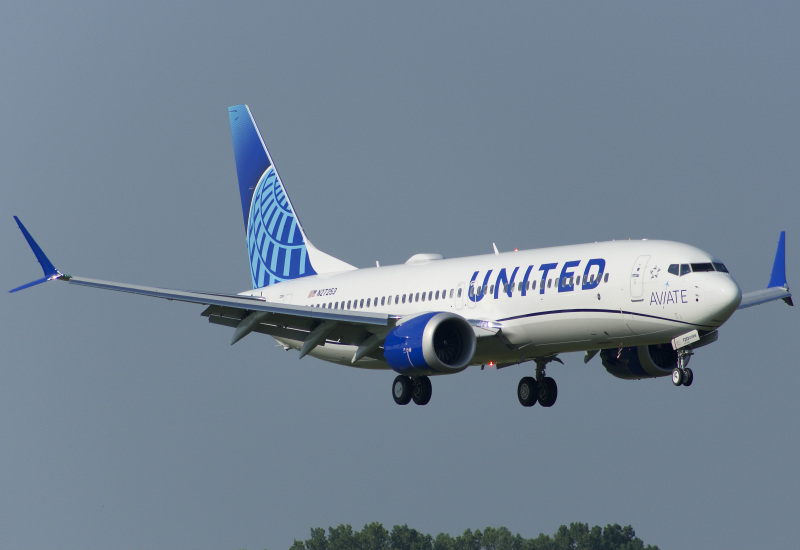
Similarly, as Washington-Dulles embarks on its master plan, additional slots added at Reagan National could lead to increased costs and less domestic and international service at Washington-Dulles. Combined with the high cost of replacing the concourse, Dulles could see high costs that threaten the viability of the United Airlines hub.
Breeze Airways Unveils 12-Route Expansion and 4 New Destinations » Washington D.C. Activates "Athena" Sensor Web to Shield National Capital Airspace » Southwest’s New Era Begins: Assigned Seating Now in Effect »
Comments (0)
Add Your Comment
SHARE
TAGS
NEWS United Airlines Washington-Dulles Dulles Airport Reagan National IAD DCARECENTLY PUBLISHED
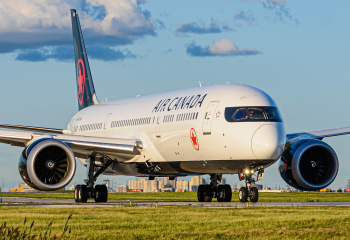 Air Canada Solidifies 2026 Hub Strategy with Quito Return and Expanded Year-Round Europe Service
In a significant move to cement its position as a premier global gateway, Air Canada has today, January 28, 2026, unveiled a major expansion of its international network. The carrier’s strategically bolstered winter 2026-27 schedule features the high-profile addition of Quito, Ecuador, the transition of key European routes to year-round service
ROUTES
READ MORE »
Air Canada Solidifies 2026 Hub Strategy with Quito Return and Expanded Year-Round Europe Service
In a significant move to cement its position as a premier global gateway, Air Canada has today, January 28, 2026, unveiled a major expansion of its international network. The carrier’s strategically bolstered winter 2026-27 schedule features the high-profile addition of Quito, Ecuador, the transition of key European routes to year-round service
ROUTES
READ MORE »
 Air Canada Solidifies 2026 Hub Strategy with Quito Return and Expanded Year-Round Europe Service
In a significant move to cement its position as a premier global gateway, Air Canada has today, January 28, 2026, unveiled a major expansion of its international network. The carrier’s strategically bolstered winter 2026-27 schedule features the high-profile addition of Quito, Ecuador, the transition of key European routes to year-round service
ROUTES
READ MORE »
Air Canada Solidifies 2026 Hub Strategy with Quito Return and Expanded Year-Round Europe Service
In a significant move to cement its position as a premier global gateway, Air Canada has today, January 28, 2026, unveiled a major expansion of its international network. The carrier’s strategically bolstered winter 2026-27 schedule features the high-profile addition of Quito, Ecuador, the transition of key European routes to year-round service
ROUTES
READ MORE »
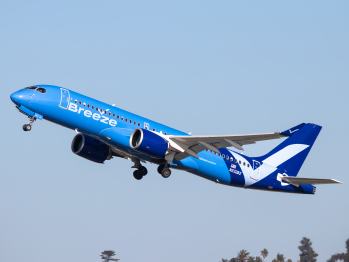 Breeze Airways Unveils 12-Route Expansion and 4 New Destinations
In a move that significantly broadens its footprint across the Eastern United States and into the Caribbean, Breeze Airways has today, January 28, 2026, announced a major network expansion. The "Seriously Nice" carrier is adding 12 new nonstop routes and introducing service to four key cities, including a high-profile international leap and a long-awaited return to the Texas market.
ROUTES
READ MORE »
Breeze Airways Unveils 12-Route Expansion and 4 New Destinations
In a move that significantly broadens its footprint across the Eastern United States and into the Caribbean, Breeze Airways has today, January 28, 2026, announced a major network expansion. The "Seriously Nice" carrier is adding 12 new nonstop routes and introducing service to four key cities, including a high-profile international leap and a long-awaited return to the Texas market.
ROUTES
READ MORE »

